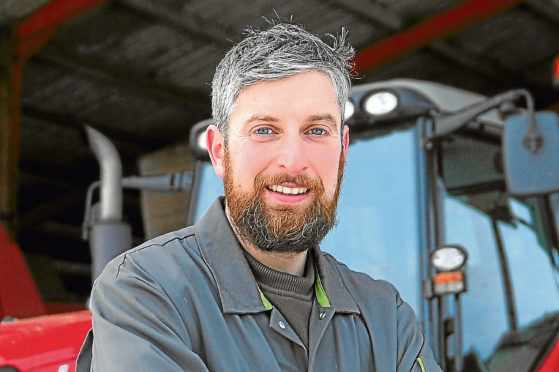Even more than a week on, the hot topic in the agricultural world is still THAT BBC documentary.
I didn’t watch it – mainly for my own mental wellbeing.
Like many, I have had enough of hearing how bad our industry is from a seemingly very biased media, so had no desire to spend an hour of my life exposing myself to further torment.
However, it has been hard to escape the impact. It has crept into every other agricultural conversation; it has dominated social media; letters and opinion columns have been written, and complaint forms have been submitted to the BBC.
With such a volume of anger, I finally relented.
Stress ball in hand, I sat down, watched and listened to what Liz Bonham had to say.
Here is the thing: While it made uncomfortable viewing, I found myself sympathising with the key messages.
The productions systems highlighted were unsustainable.
I do not think anyone could rationally argue that the levels of biodiversity destruction and pollution shown were acceptable.
These are the consequences of large-scale, global, unregulated meat production.
Yet, many UK farmers appear unable to accept this fact. Are we in fact so worn down by constant negative media attention that we have allowed emotion to take control over rational thought?
Don’t get me wrong, there were some references to UK agriculture which were unfair and incorrect.
However, I would give the producers of the programme the benefit of the doubt and suggest that these comments were borne of ignorance rather than a biased agenda.
It is this ignorance that we have to tackle.
It is not the job of the BBC to do this on our behalf – although it is not the job of the BBC to promote a vegan agenda, either!
At the risk of repeating the message of previous columns, the UK meat industry is very poor at promoting itself.
We know that we have sustainable production systems and that the production systems shown in the programme do not represent the food available to UK consumers.
We need to capitalise on this fact.
Most readers will know of a village-based company in the north-east of Scotland which primarily produces canned soup.
What might surprise readers is that the same company has an advertising budget which eclipses the QMS budget many times over.
Is it time that we as farmers literally put our money where our mouths are and upped the ante?
One footnote to all of this is that I am saying UK agriculture is leading the way in sustainability, and UK consumers can be confident in the credentials of much of the meat they purchase.
Yet, we still seem to be embroiled in Brexit negotiations.
If you think Brazilian meat producers don’t see opportunity in UK markets post Brexit you are delusional, and one thing Liz Bonham has taught me is that the cost of production of beef in Brazil is a fraction of that which it is in the UK.










